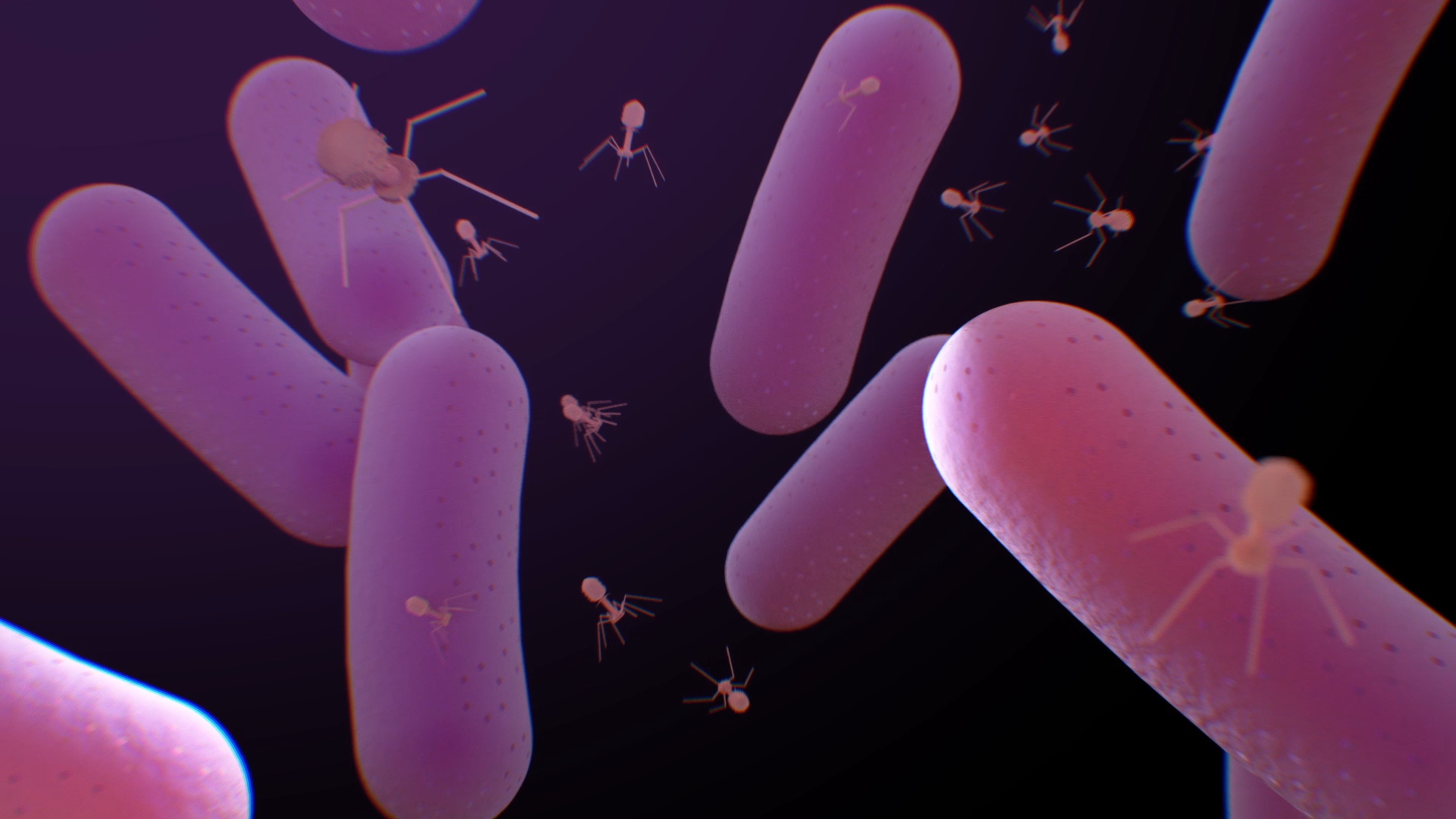Search
Showing results for "1"
Research
Genome-wide association and large-scale follow up identifies 16 new loci influencing lung functionPulmonary function measures reflect respiratory health and are used in the diagnosis of chronic obstructive pulmonary disease.

News & Events
Research reveals link between ADHD and juvenile offendingNew research from The Kids Research Institute Australia has revealed that children and youth treated for Attention Deficit Hyperactive Disorder (ADHD) are more likely

Our team is comprised of well experienced clinicians who can support your child and family.

News & Events
A new phage discovery in the fight against Antimicrobial ResistanceJack Canning, a PhD researcher in the Wal-yan Respiratory Centre’s Phage WA team, has made a significant finding in the search for alternative treatments to antimicrobial-resistant (AMR) bacteria.

News & Events
Person Reported OutcomesThe PCH Diabetes Clinical team will again be collecting T1DAL surveys between June and July 2024, followed by PAID between November 2024 and January 2025.

News & Events
Sightseeing and study on Swedish students' agendaMeet Charlotta Swenson Backelin and Louise Haggendal. The medical students, from the University of Gothenburg in Sweden, have spent the past two months helping the The Kids’ Children’s Diabetes Centre conduct exercise research as part of their degrees.

News & Events
ATAR exams – special provisionsEnd-of-year exams may be far from the minds of students managing diabetes but now is the time to get the process started for obtaining special ATAR provisions.
News & Events
HbA1c Target of 7%, and 7 initiatives we are doing to achieve thisWe have recently set up an HbA1c working party, tasked with the mission of lowering the overall HbA1c across all patients and clinics run by PMH.
Research
Evaluation of the Learning+ Pilot ProgramYasmin Harman-Smith BA, BHlthSc(Hons), PhD Head, Early Years Systems Evidence; Head, Tenders Support Unit Yasmin.harman-smith@thekids.org.au Head,
Research
Investigating associations between birth order and autism diagnostic phenotypesBirth order effects have been linked to variability in intelligence, educational attainment and sexual orientation. First- and later-born children have been linked to an increased likelihood of an Autism Spectrum Disorder (ASD) diagnosis, with a smaller body of evidence implicating decreases in cognitive functioning with increased birth order.
